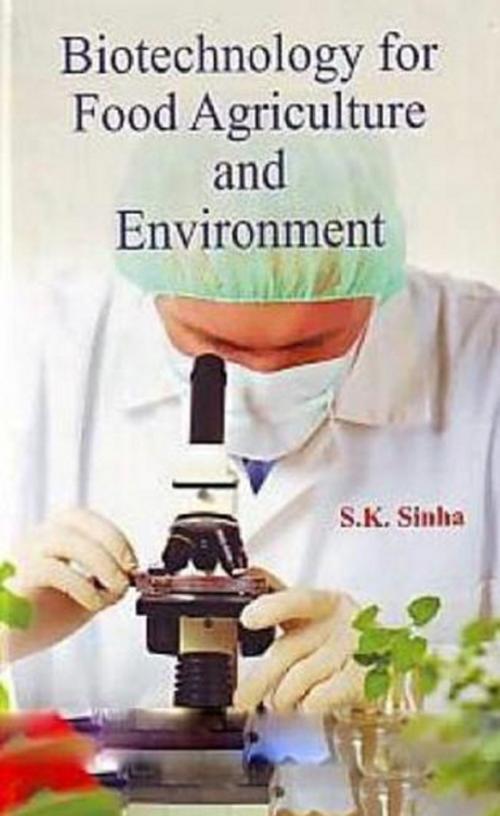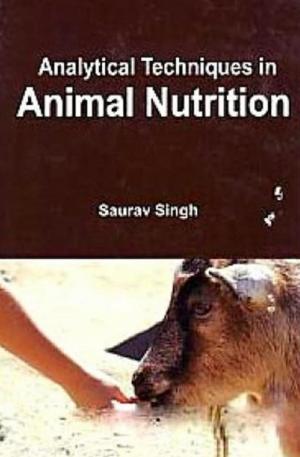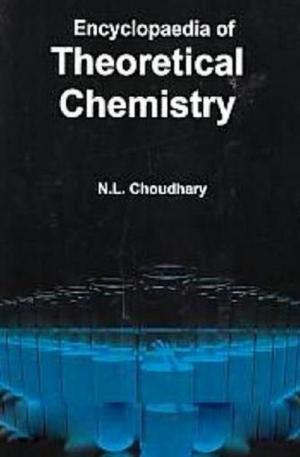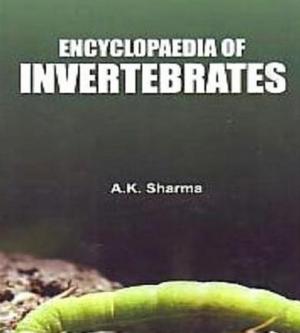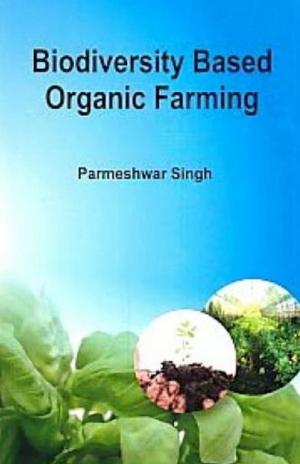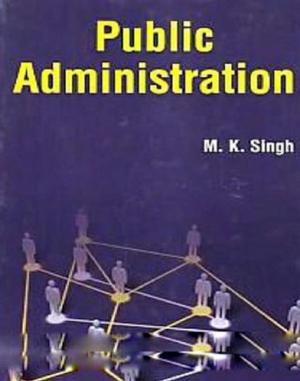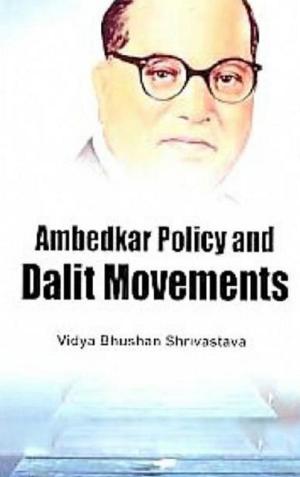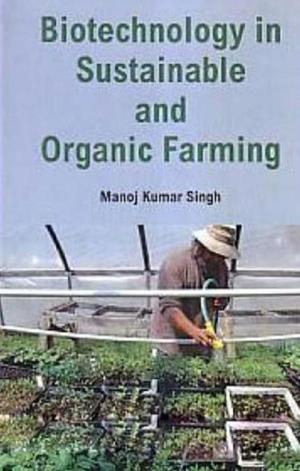Biotechnology For Food, Agriculture And Environment
Nonfiction, Science & Nature, Technology, Environmental, Science, Biological Sciences, Biotechnology, Agriculture & Animal Husbandry| Author: | S. K. Sinha | ISBN: | 9789388040822 |
| Publisher: | Centrum Press | Publication: | June 30, 2017 |
| Imprint: | Centrum Press | Language: | English |
| Author: | S. K. Sinha |
| ISBN: | 9789388040822 |
| Publisher: | Centrum Press |
| Publication: | June 30, 2017 |
| Imprint: | Centrum Press |
| Language: | English |
Modern biotechnology refers to various scientific techniques used to produce specific desired traits in plants, animals or microorganisms through the use of genetic knowledge. There are three main categories of biotechnology-enhanced crops in use or development. Public debate continues, as with any new technology. Of course, consumers want to know what biotechnology will mean for the food we eat. Therefore, the international scientific community continues to assess and challenge biotechnology’s role in improving the food supply by addressing safety concerns and seeking a variety of solutions to our evolving agricultural, food production, food enjoyment, and human health needs. This book focuses on methods to ensure the development of agriculture and food production to be in dialectic unity with the surrounding natural environment. The book is intended for students, teachers, Professional practitioners, Research personnel and Policy analysts and NGOs.
Modern biotechnology refers to various scientific techniques used to produce specific desired traits in plants, animals or microorganisms through the use of genetic knowledge. There are three main categories of biotechnology-enhanced crops in use or development. Public debate continues, as with any new technology. Of course, consumers want to know what biotechnology will mean for the food we eat. Therefore, the international scientific community continues to assess and challenge biotechnology’s role in improving the food supply by addressing safety concerns and seeking a variety of solutions to our evolving agricultural, food production, food enjoyment, and human health needs. This book focuses on methods to ensure the development of agriculture and food production to be in dialectic unity with the surrounding natural environment. The book is intended for students, teachers, Professional practitioners, Research personnel and Policy analysts and NGOs.
